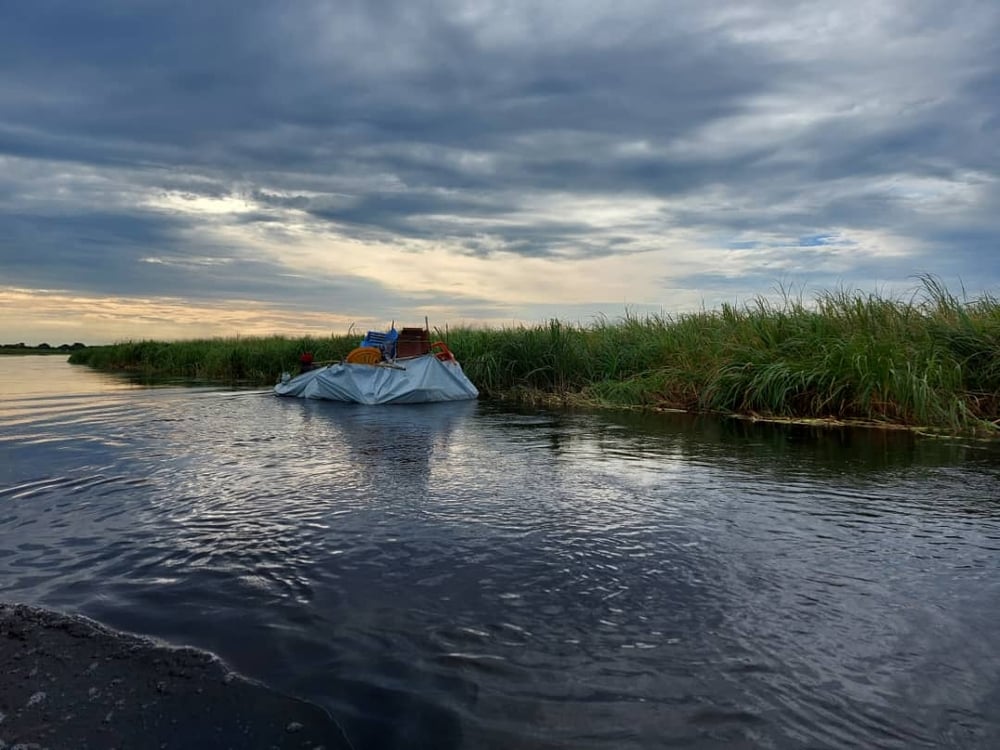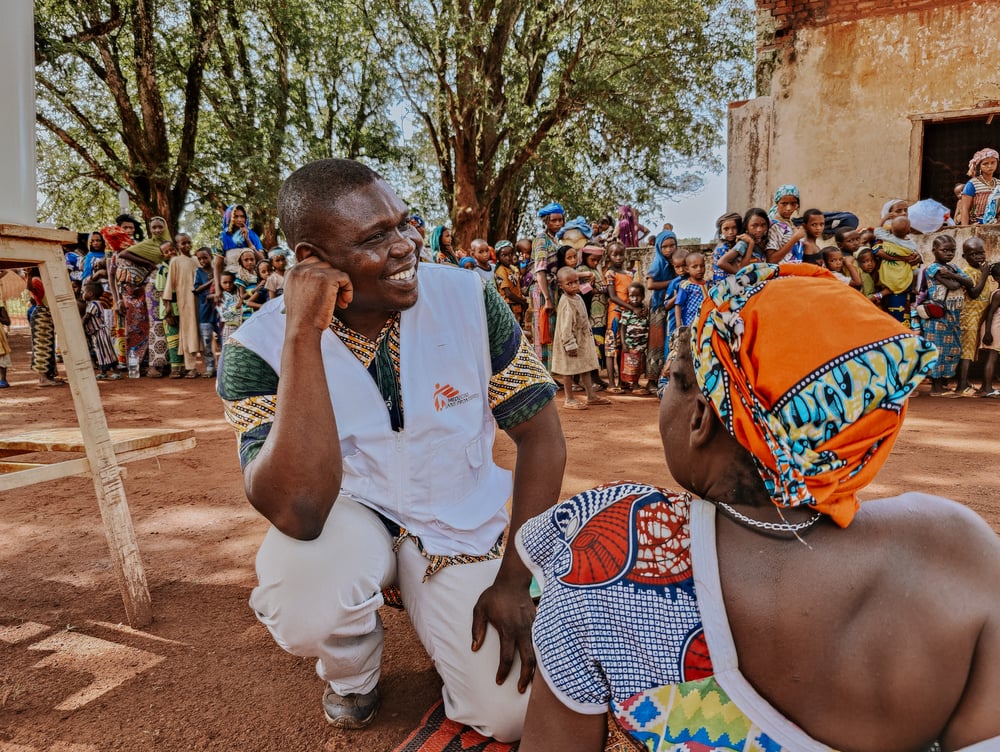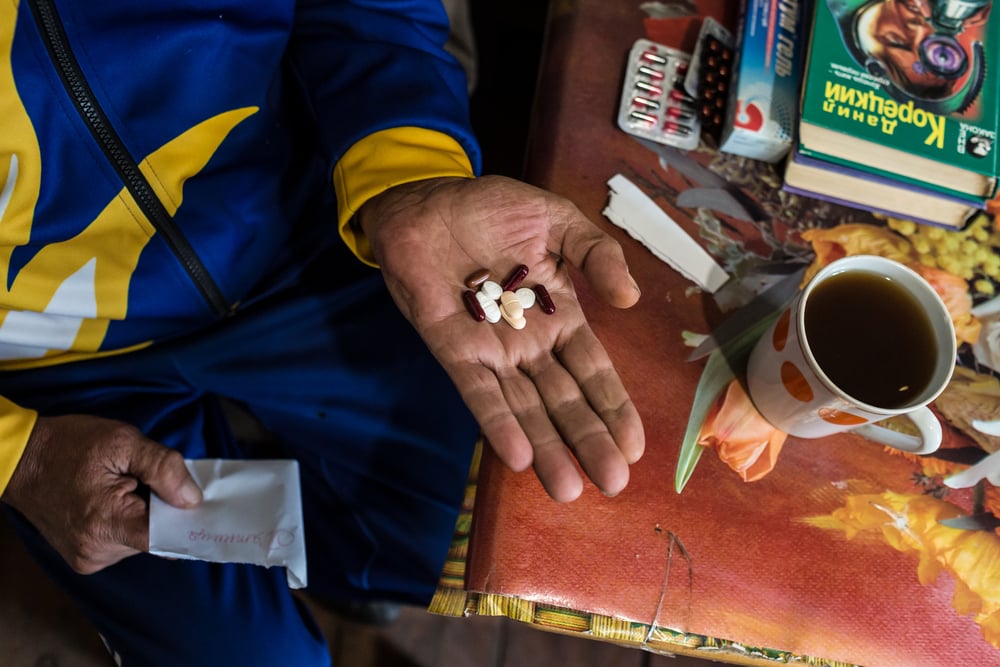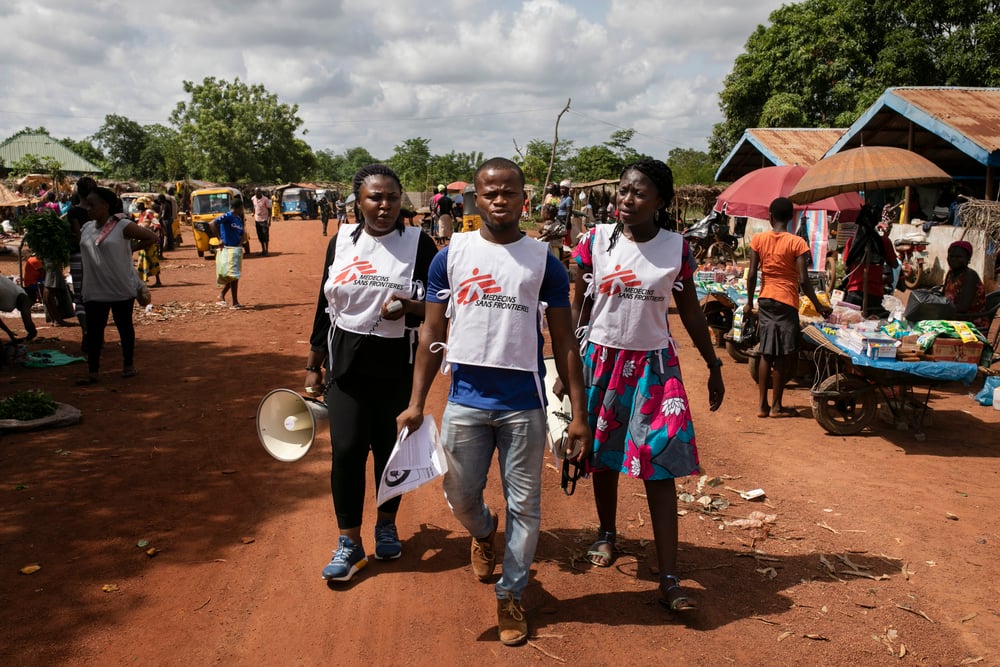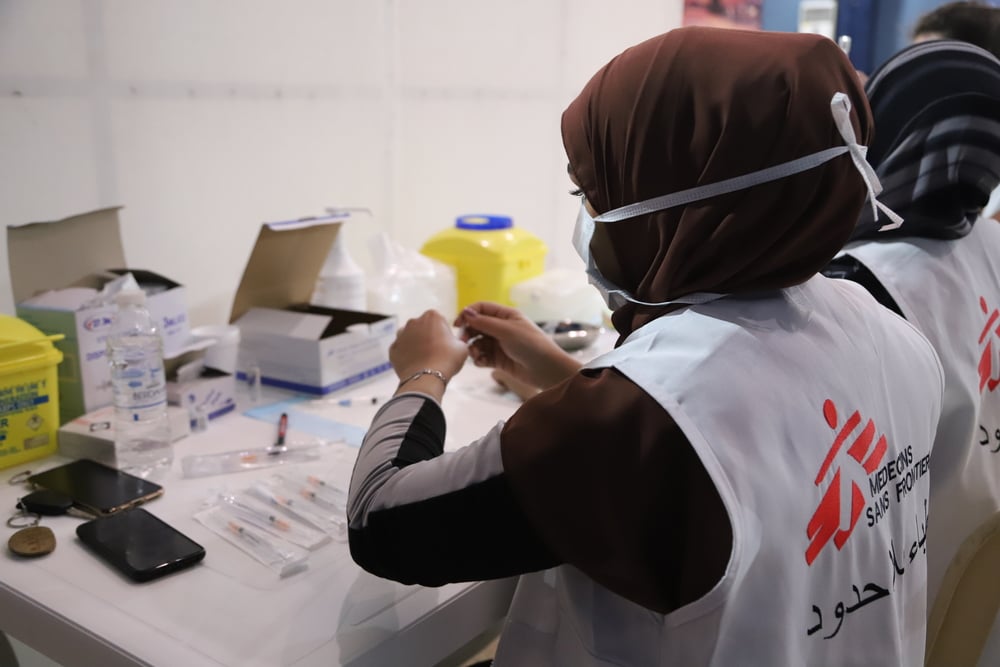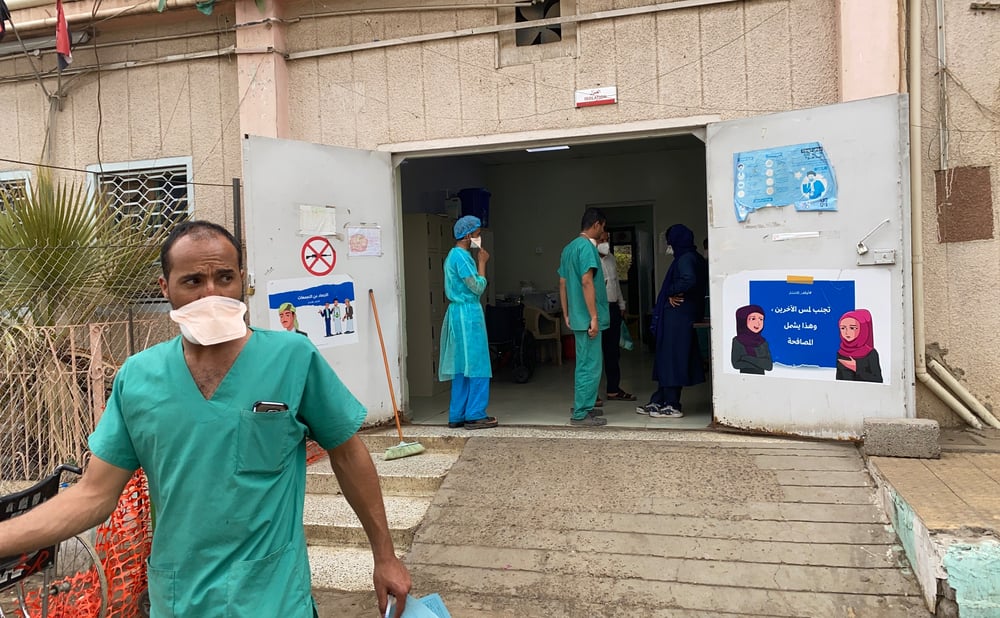Will Canada’s Stakeholder Consultations Actually Impact Canada’s Position on the Pandemic Treaty?
Written by Adam R. Houston, Medical Policy & Advocacy officer & Jason Nickerson, Humanitarian Representative to Canada
On Aug. 24, 2023, the Canadian government finally released an outcomes document from the Pandemic Instrument Partner and Stakeholder Engagement Forum it held March 21 to 22, with more than 160 participants from multiple sectors. We both attended representing Doctors Without Borders/Médecins Sans Frontières (MSF). During the intervening five months, multiple rounds of negotiations of the Pandemic Instrument – better known as the Pandemic Treaty – took place at the World Health Organization (WHO) under the auspices of the Intergovernmental Negotiating Body (INB).
Throughout this period, participants in the Engagement Forum, including MSF, have been left in the dark about the impact of the Forum, and the views expressed by participants therein, on the Canadian government’s own positions in the Pandemic Treaty negotiations. Unfortunately, this long-awaited document does little to answer such questions, or even clarify the government’s own positions. This in turn raises further questions about the ultimate purpose of the Engagement Forum in the first place.
We acknowledge that the outcomes document broadly reflects our own recollections of what participants said at the event. However, if the Canadian government’s primary role in the Forum was to serve as a tardy stenographer, the value of the event is considerably diminished, given that Canada’s negotiating positions on the Pandemic Treaty are at odds with many of these recommendations. This puts a damper on what would otherwise be a positive note for Canada: That it was one of the first countries who engaged in such consultations at all. Indeed, there is no tangible indication Canada’s actions in the five months since the Engagement Forum have been any different than they would have been had the Forum not occurred at all.
Bolstering this interpretation is the fact that the Forum yielded firm conclusions about the views widely held by stakeholders that are in some cases in stark contrast to Canada’s actual actions. For instance, the first Key Takeaway in the outcomes document is to “Embed Equity in the Process.” The document indicates: “Equity was part of nearly every discussion. Participants felt strongly that equity must be a primary consideration underpinning all aspects of the Pandemic Instrument and be central to its development process. Access to pandemic response products and services must be equitable and based on need, and equity must guide how pandemic preparedness and response measures impact marginalized groups and communities.”
However, this does not reflect Canada’s practice during COVID-19 around issues such as equitable global access to vaccines, an issue that MSF has repeatedly highlighted. Moreover, it does not reflect Canada’s approach to the negotiations of the Pandemic Treaty itself. As MSF has noted with concern, Canada has proposed amendments that would place limitations on the transfer of technology to other countries in order to allow them to produce vaccines and other health tools by requiring such transfer be on “voluntary and mutually agreed terms”, including on the part of pharmaceutical companies. This is an approach that has failed repeatedly not only for COVID-19, but for many other serious global health issues such as HIV treatment. Nonetheless, Canada in fact proposes taking things even further by inserting such restrictions within the article of the treaty that sets out equity as one of the treaty’s guiding principles.
Embedding a failed approach towards technology transfer into the very definition of equity – even where that technology would not exist in the first place without extensive public funding – is a rather bizarre approach to embedding equity in the process. Nor has Canada’s approach to the treaty before or after the Engagement Forum seemed to fully reflect other Key Takeaways in the outcomes document, which include “Ensure meaningful engagement from diverse voices,” “Be aware of colonial approaches,” “Promote cooperation and collaboration,” and “Emphasize transparency, accountability and communication.” While it might it be unreasonable to expect the outcomes of the Engagement Forum to be adopted verbatim as Canada’s negotiating policy, the disjunct between what Canada heard from stakeholders and what it has been doing at the very least should be justified.
This disjunct goes beyond concerns about the manner in which Canada has conducted consultations, although in the immediate aftermath of the Engagement Forum, some participants raised concerns about the event, with suggestions for how it could have been conducted more effectively. The fact that Canada has never been proactively transparent about its own positions in negotiating the Pandemic Treaty and their justifications, particularly when many of them appear to go against many of the Key Takeaways identified by stakeholders back in March, raises real questions about whether Canada’s Stakeholder Engagement Forum was about actually listening to and addressing concerns overwhelmingly reflected in the views of those stakeholders, or about ticking a box allowing the Canadian government to say stakeholders had been consulted without those consultations having any impact.
The government has promised further consultations this fall. It is to be hoped those consultations will mark a course correction and involve both the opportunity to engage directly with Canada’s own positions on the Pandemic Treaty rather than discussing them in the abstract, and the accountability on the part of the government by directly addressing those concerns raised by stakeholders as well as providing justification for the positions Canada has ultimately chosen to adopt.















